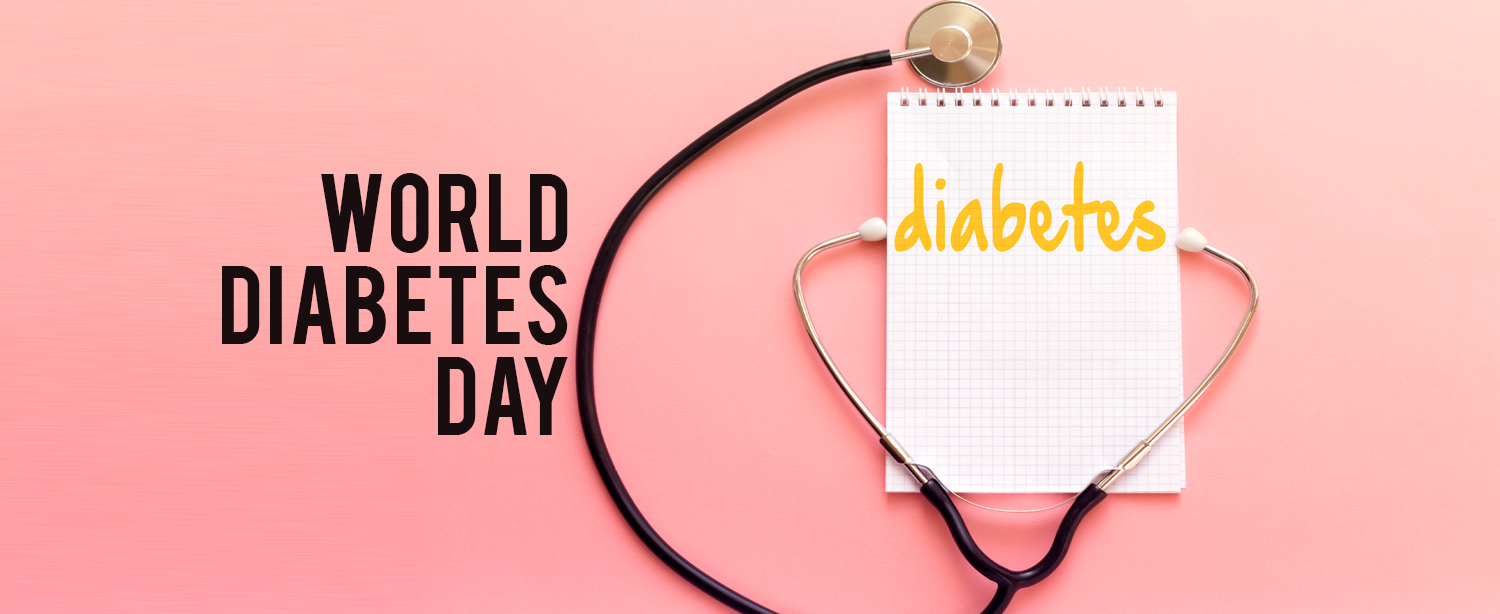Diabetes is India’s fastest growing disease with 72 million cases recorded in 2017. The prevalence of diabetes in adult Indians is 10.4%. It is estimated that by 2035, there will be a staggering 109 million diabetics in India.
Diabetes is a chronic medical condition, that is, it can be curbed at the initial level by introducing lifestyle changes and controlled after its incidence through medicines in early stages and administration of external insulin in advanced stages.
Over the years, occurrence diabetes has more than doubled for men (3.7 per cent to 9.1 per cent). It has also increased by 80 per cent among women in India (4.6 per cent to 8.3 per cent).
According to a World Health Organization (WHO) fact sheet on diabetes, an estimated 3.4 million deaths are caused due to high blood sugar in the world.
What is Diabetes?
Diabetes is a medical condition that is caused due to insufficient production and secretion of insulin from the pancreas in case of Type-I diabetes and defective response of insulin for Type-2 diabetes. Under normal body circumstances, blood glucose levels are tightly controlled by insulin, a hormone produced by the pancreas. Insulin lowers the blood glucose level.
When the blood glucose elevates (for example, after eating food), insulin is released from the pancreas to normalize the glucose level. In patients with diabetes, the absence or insufficient production of insulin causes hyperglycemia.
Why Indians are prone to Diabetes:
- Genetic or Ethnic Factor – Indians have a higher genetic predisposition to diabetes. According to researchers, our ethnicity appears to play a role in this current diabetes epidemic.
- Increased Insulin Resistance -Another factor that is not under our control is that we Indians have a greater degree of insulin resistance which means our cells do not respond to the hormone insulin. And when compared to Europeans, our blood insulin levels also tend to rise higher and more persistently when we eat carbohydrates.
- Lifestyle Changes – With the social and economic development and urbanization, our nutrition has improved, and we are living longer. However our lifestyle has changed and our diets have become unhealthy. Our traditional diet of unrefined grains is now substituted with refined varieties of the same and calorie rich foods.
- Obesity – Body mass index (BMI) is an indicator of our body fat. The relative risk of diabetes increases as the BMI increases. Indians comparatively have a higher body fat (especially around the waist) for any BMI. This, coupled with our inherent higher insulin resistance, significantly puts us at a higher risk of developing diabetes.
Take your health in your own hands. Be more conscious of your diet and make efforts to have a strict fitness regime. You age, family history, blood pressure, cholesterol, body weight determines your risk of getting Type 2 Diabetes. You can help reduce your risk of type 2 diabetes by understanding your risk and making changes to your lifestyle.
Here is how you can reduce your risk of type 2 diabetes:
- Manage your weight. Excess body fat, particularly if stored around the abdomen, can increase the body’s resistance to the hormone insulin. This can lead to type 2 diabetes.
- Exercise regularly. Moderate physical activity on most days of the week helps manage weight, reduce blood glucose levels and may also improve blood pressure and cholesterol.
- Eat a balanced, healthy diet. Reduce the amount of fat in your diet, especially saturated and trans fats. Eat more fruit, vegetables and high-fibre foods. Cut back on salt.
- Limit takeaway and processed foods. Fast foods are usually high in salt, fat and kilojoules. It’s best to cook for yourself using fresh ingredients whenever possible.
- Limit your alcohol intake. Too much alcohol can lead to weight gain and may increase your blood pressure and triglyceride levels. Men should have no more than two standard drinks a day and women should have no more than one.
- Quit smoking. Smokers are twice as likely to develop diabetes as non-smokers.
- Control your blood pressure. Most people can do this with regular exercise, a balanced diet and by keeping a healthy weight. In some cases, you might need medication prescribed by your doctor.
- Be regular in your medical checkups. As you get older, it’s a good idea to regularly check your blood glucose, blood pressure and blood cholesterol levels.
Diabetes is preventable. Let us fight this devil together. Talk to our experts at our Diabetes Clinic to know more about Diabetes. Please check the below link:


